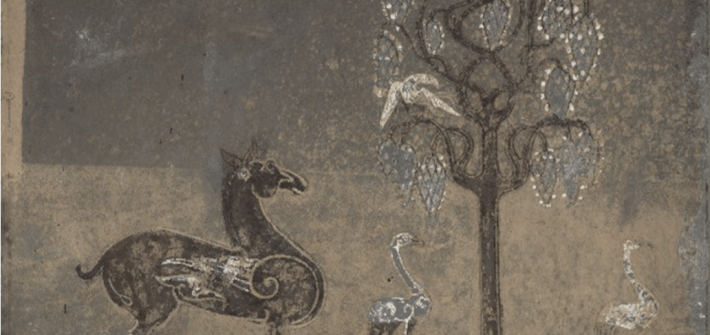Pericles’s Funeral Oration: A Partial Translation of The History of the Peloponnesian War 2.37-41
By Noah Apter
Pericles’s funeral oration comes down the centuries as one of the most difficult pieces of ancient Greek literature to properly translate. As classicists, it seems that Thucydides wishes to help us sharpen our teeth on his grammar. Why? It is in the nature of speeches to differ from narrative texts, the former tending to be “live” while narratives…



